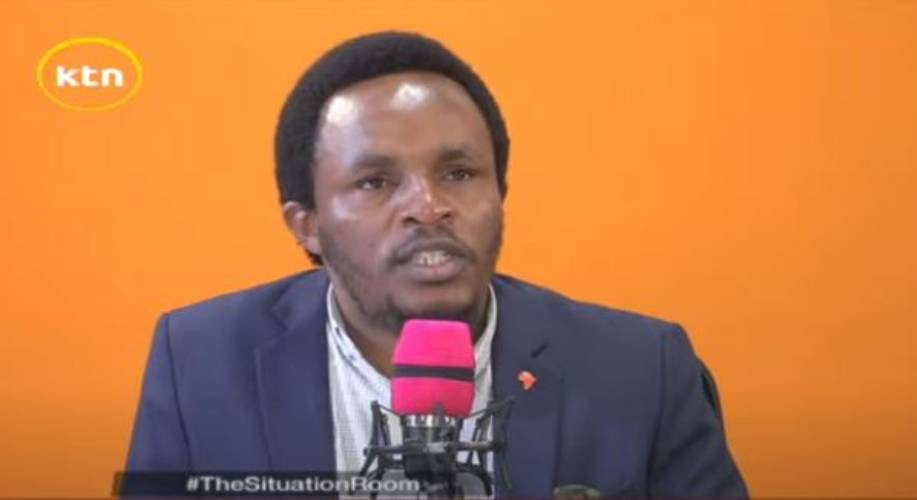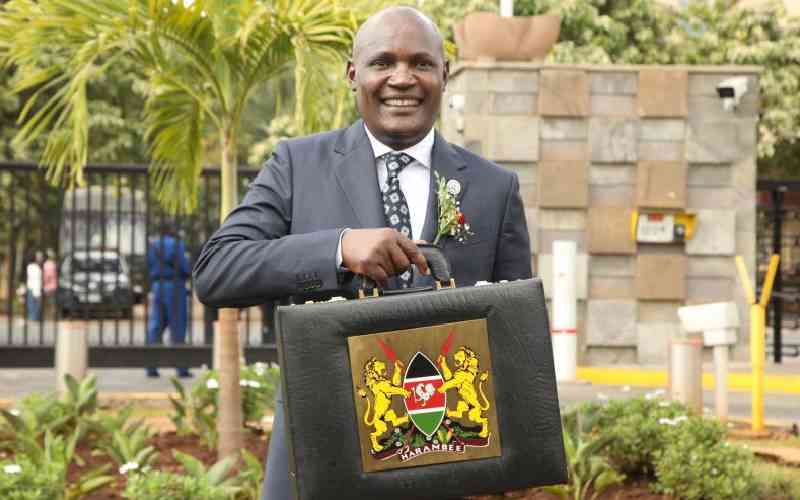×
The Standard e-Paper
Fearless, Trusted News

Education leaders have raised concerns over the country's education system, urging immediate reforms as schools prepare to reopen for the third term today.
This comes amid conflicting signals from teachers' unions on a potential strike.







